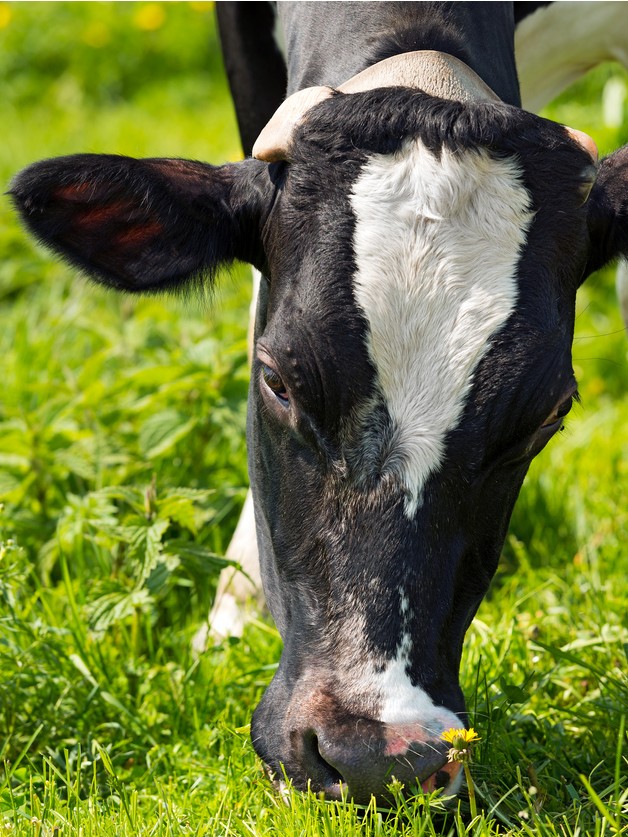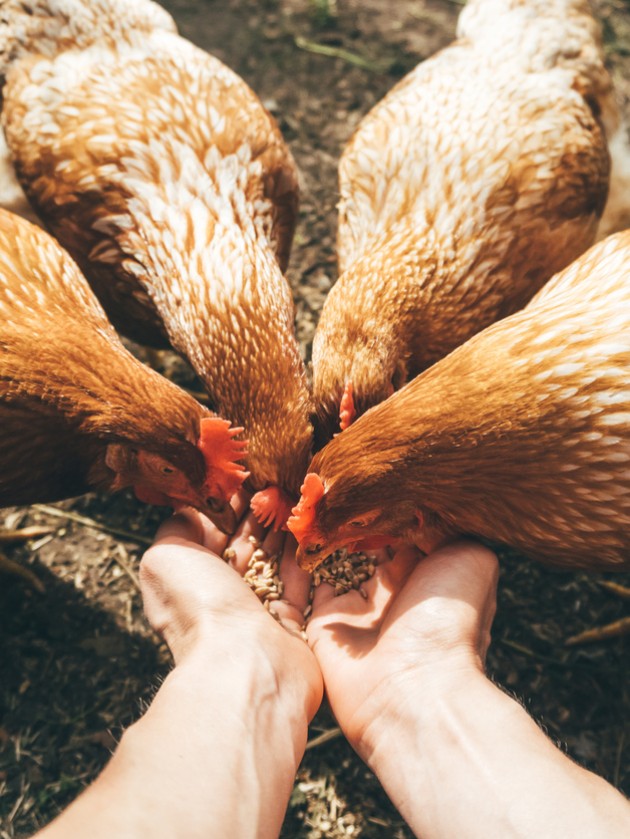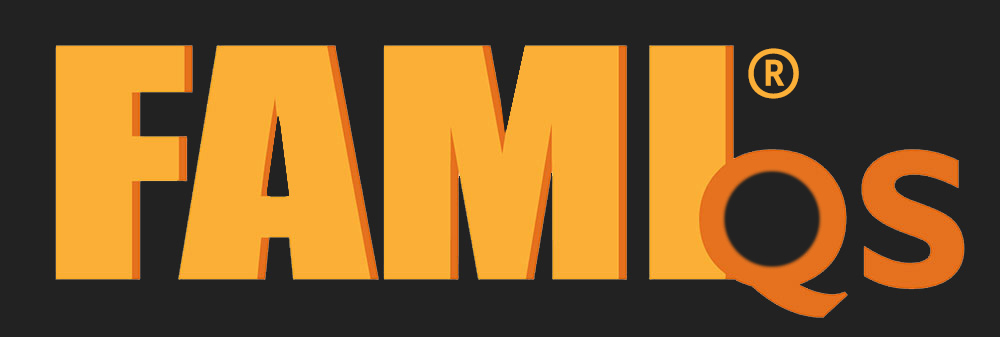The benefits of using a methionine supplement in animal nutrition
Methionine is an essential amino acid that the animals are unable to produce, so, the only way to provide it is through alimentation. Unfortunately conventional diets for poultry, livestock and other kinds of animals are poor in methionine, so it’s not that simple to provide the minimum daily methionine requirement. That’s why the use of methionine supplements is strongly recommended.
Methionine is one of the most efficient weapons we can rely on against oxidative stress, a common issue to face. The decreasing of oxidative stress is a focal point to improve bone formation and reduce healthy diseases and mortality. But how can we integrate it in the most efficient way?
Choose wisely from the three sources of methionine
It is good to know that there are three known methionine sources: L-Methionine, D-Methionine and MHA (methionine hydroxy analogue). While methionine chemical properties are similar for L-Methionine and D-Methionine; in MHA there is a big, fundamental, difference: an hydroxyl group in place of an amine group.
This important difference is what makes methionine hydroxy analogue an organic amino acid. The organic nature helps MHA to be more tolerated and to have big advantages in terms of bioavailability.
So, is MHA the best methionine supplement?
Actually, yes! The chelation process on methionine creates an incredibly stable methionate that is able to reach the intestine as intact and being absorbed with a 90/95% ratio. This helps to improve the metabolic process and the animal growth in a healthy and fast way.
Società San Marco is one of the first companies all around the world able to produce chelated methionine supplements. Our 30 years expertise, allowed us to develop a pretty unique chelation process in collaboration with Parma University and we are the only reality who can provide university tests confirming the efficiency of our chelated production.







